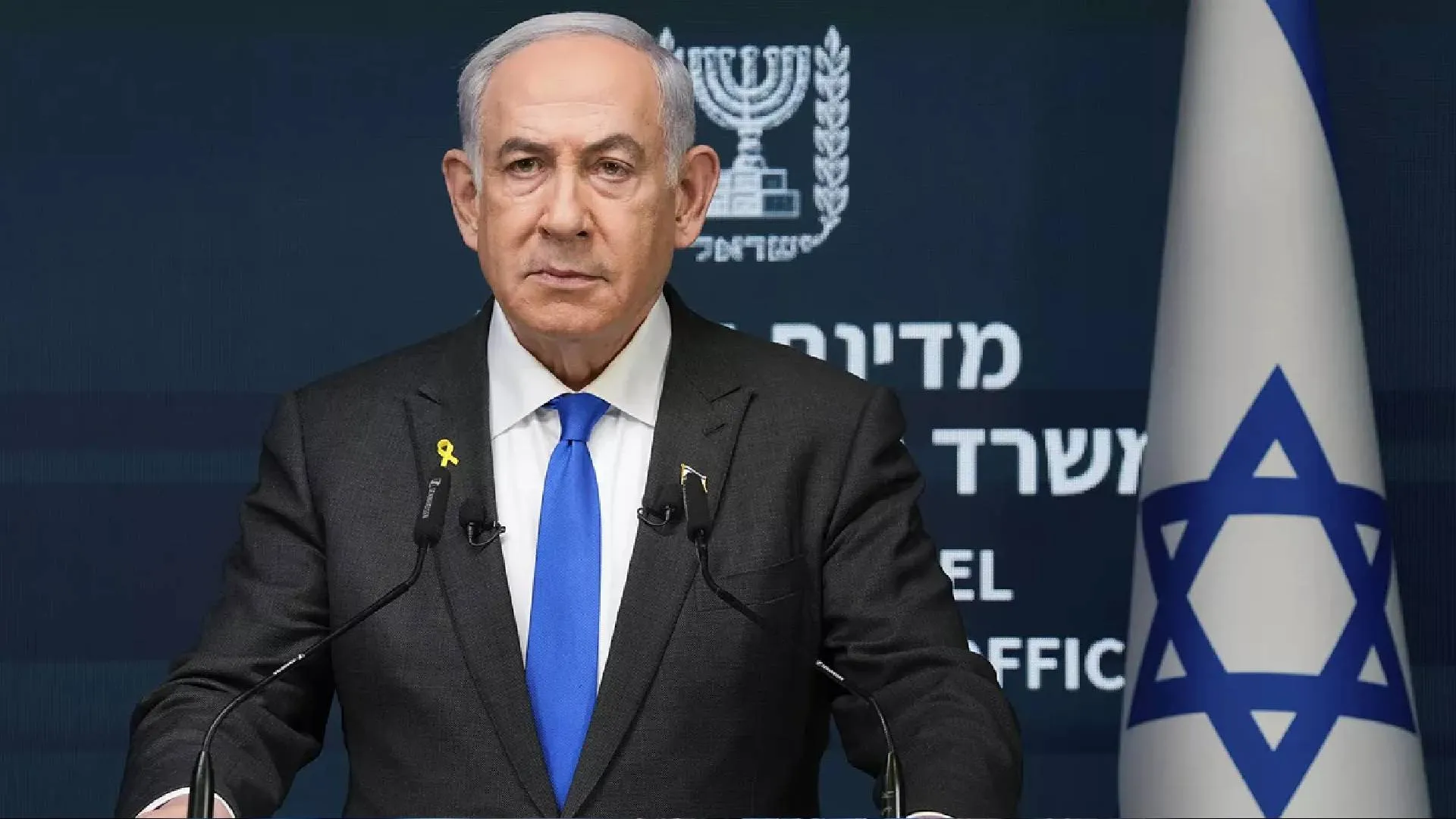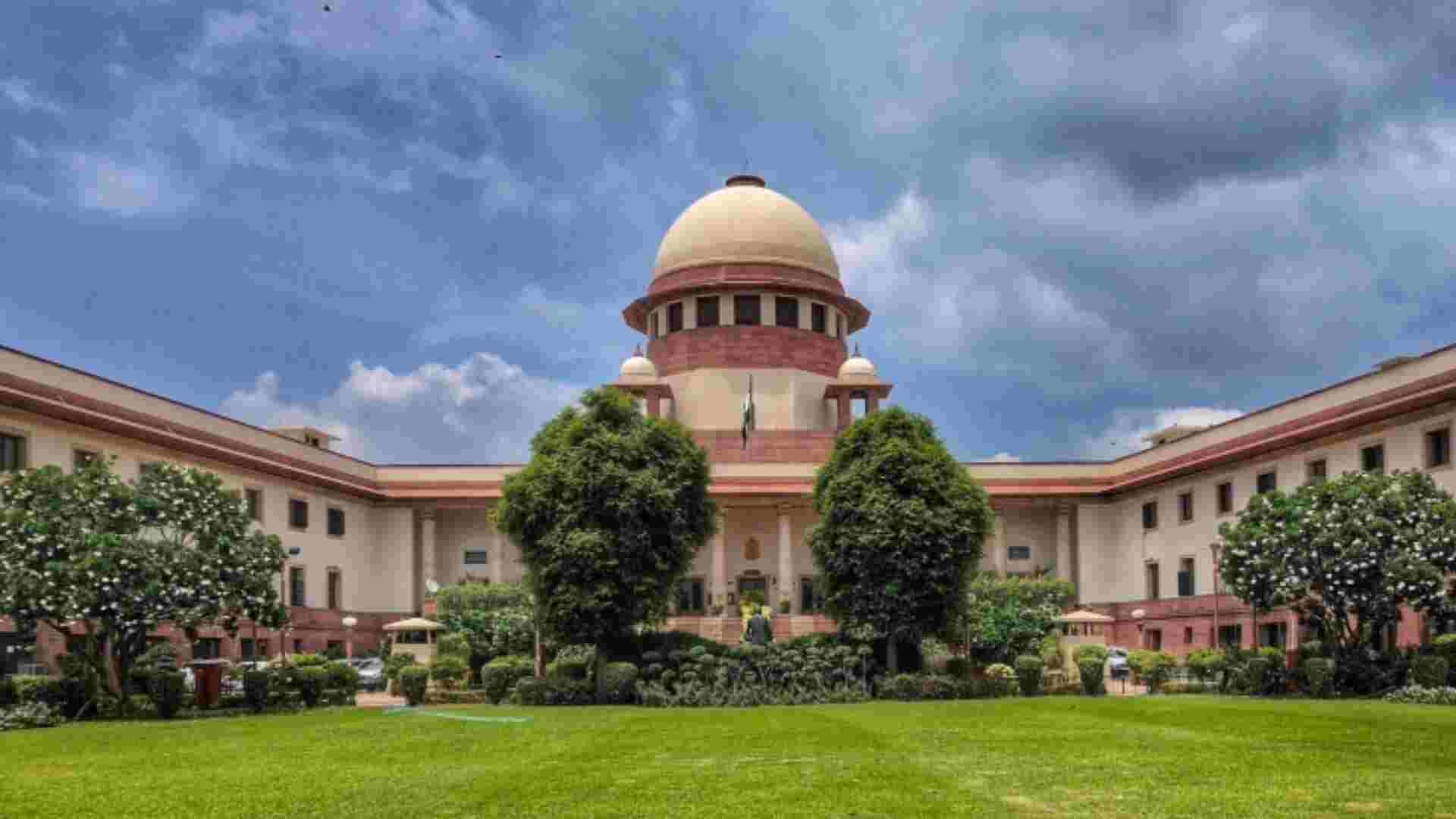India is free to use its resources to fulfil the energy needs of its people and countries historically responsible for climate change cannot ask it to stop its development, Union Environment Minister Bhupender Yadav said on Tuesday.
Addressing an event organised by trade association ASSOCHAM, he said India believes in climate justice which means everyone has access to resources to lead a dignified life.
“When we talk about stopping the use of fossil fuels… We say India is moving towards renewables. But it does not mean that those who emitted greenhouse gases for their growth in the past ask us to stop our development.
«We believe in both climate change and climate justice,» Yadav said.
Countries historically responsible for climate change cannot decide how India uses its resources to fulfil the energy needs of its population, he said. The minister said India wants to fulfil the energy needs of the entire population and bring a change in their lives.
“We do not want to keep anyone in the dark. We have the power and freedom to decide how we use our energy resources. It’s our decision. Those responsible for it (climate change) cannot be telling us what we need to do,” he said.
“We are one of the countries which have updated their Nationally Determined Contributions (NDCs). We achieved two of our climate goals — reducing emission intensity of GDP and renewable energy target — set in 2015 ahead of schedule,” Yadav said.
NDCs means national plans and pledges made by a country to meet the goal of maintaining global temperature increases to well below 2 degrees Celsius above pre-industrial levels, while aiming for 1.5 degrees Celsius to avoid the worst impacts of climate change.
India updated its NDCs in August last year, promising to reduce emissions intensity of GDP by 45 per cent by 2030, from the 2005 level, and achieve 50 per cent cumulative electric power installed capacity from non-fossil fuel-based energy resources by 2030.
The country diligently worked to achieve the target of 175 GW renewable capacity set during the Paris climate conference in 2015 and has now set a target to increase renewable capacity to 500 gigawatts by 2030.
















